What is Orthopedic Surgery?
Orthopedic surgery is a medical specialty that deals with diagnosing, treating, and preventing problems with the musculoskeletal system. This system includes your bones, joints, ligaments, tendons, and muscles, all of which help you move and stay healthy. Orthopedic surgeons can perform many types of procedures, ranging from simple arthroscopic surgeries to more complex joint replacements.
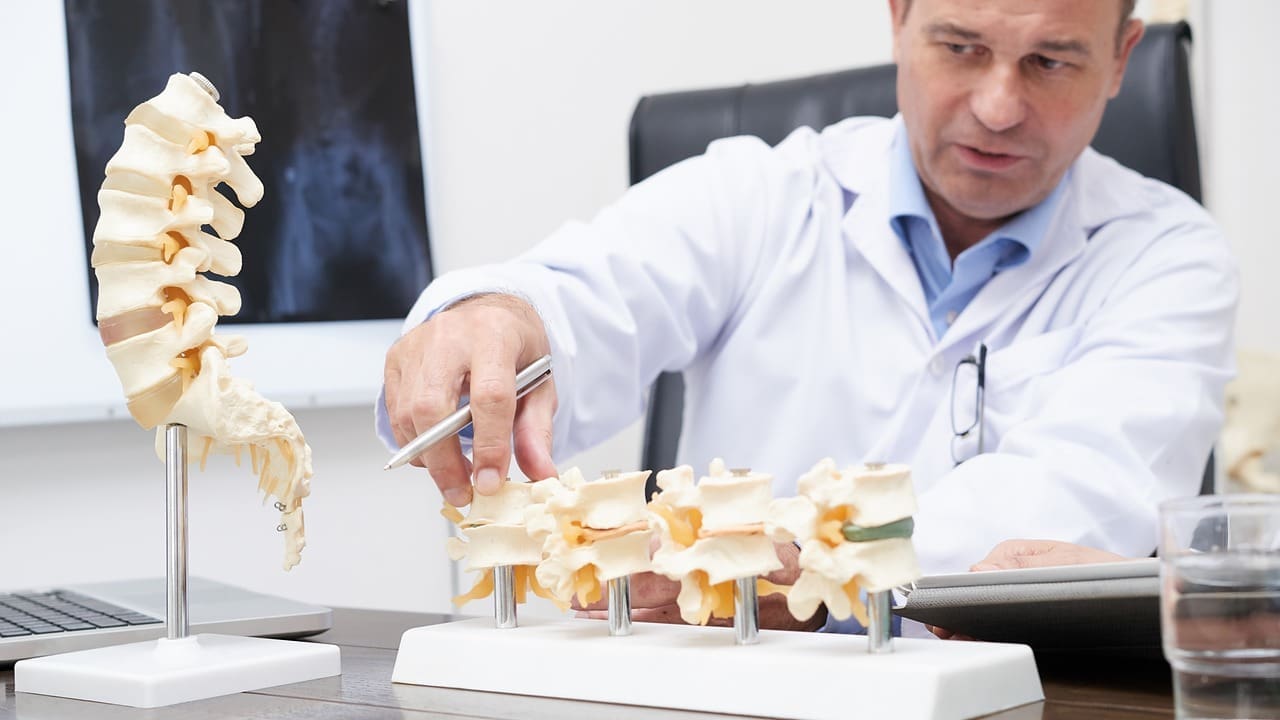
People may need orthopedic surgery for many reasons, such as broken bones, arthritis, sports injuries, or conditions they were born with. Knowing what orthopedic surgery involves can help you make better choices about your treatment.
Types of Orthopedic Surgeries
There are many different types of orthopedic surgeries, each designed to treat specific problems. Here are some of the most common ones:
Joint Replacement Surgery: This procedure involves replacing damaged joints, most commonly hips and knees, with artificial implants. It is typically recommended for patients with severe arthritis or joint degeneration.
Arthroscopy: A minimally invasive technique that allows surgeons to diagnose and treat joint problems using small incisions and a camera. Commonly performed on knees and shoulders, arthroscopy can help repair torn ligaments and remove loose cartilage.
Spinal Surgery: This includes procedures to relieve pressure on the spinal cord or nerves, correct deformities, and stabilize the spine. Common spinal surgeries include discectomy, laminectomy, and spinal fusion.
Fracture Repair: Orthopedic surgeons often perform surgery to fix broken bones, using plates, screws, or rods to stabilize the fracture and promote healing.
Pediatric Orthopedic Surgery: This specialized area focuses on treating musculoskeletal issues in children, including congenital deformities and growth related conditions.
Sports Medicine Surgery: These procedures address injuries related to sports and physical activity, such as ligament tears, tendon injuries, and cartilage damage.
Common Conditions Treated with Orthopedic Surgery
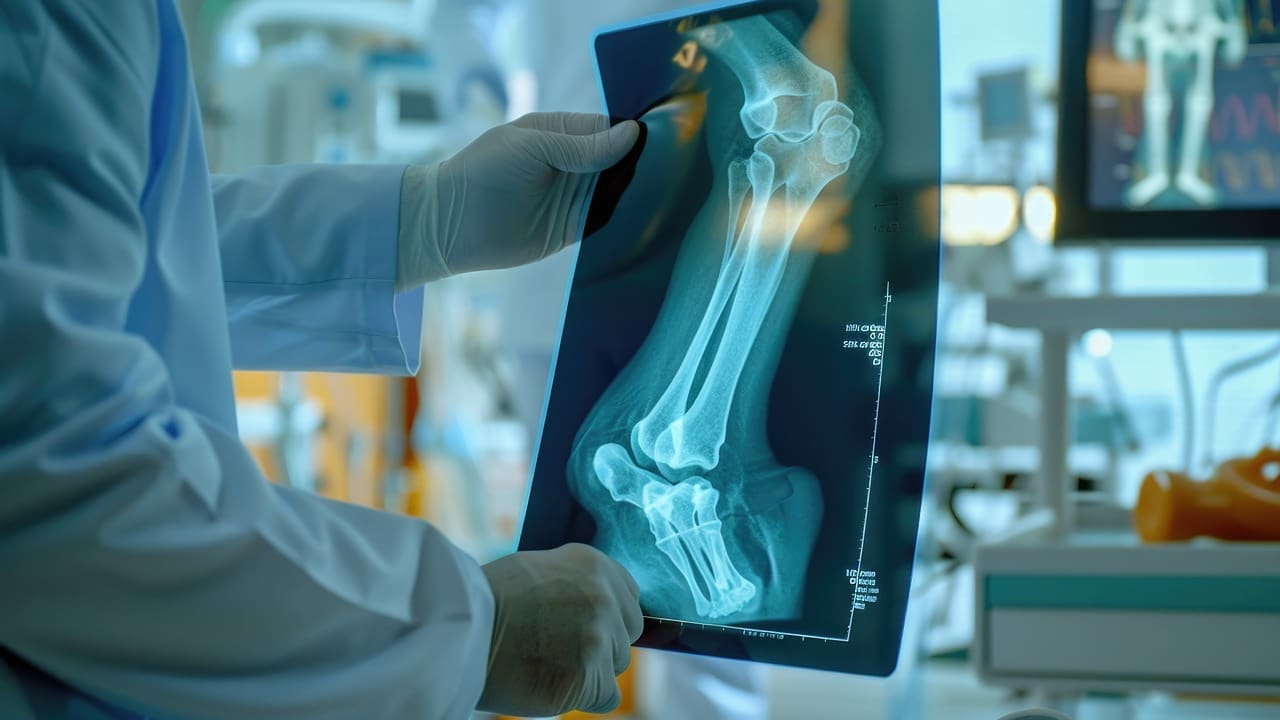
Orthopedic surgery can help with many different problems that affect your bones, joints, and muscles. Here are some of the most common conditions it treats:
Osteoarthritis: A degenerative joint disease that causes pain and stiffness, often treated with joint replacement or arthroscopy.
Fractures: Broken bones that may require surgical intervention to realign and stabilize.
Tendon Injuries: Injuries to tendons, such as tears or ruptures, often treated with surgical repair.
Ligament Injuries: Injuries to ligaments, particularly in the knee (e.g., ACL tears), frequently require surgical reconstruction.
Spinal Disorders: Conditions like herniated discs or spinal stenosis that may necessitate surgical intervention to relieve pressure on nerves.
Congenital Deformities: Conditions present at birth, such as clubfoot or scoliosis, that may require surgical correction.
The Role of Orthopedic Surgery in Sports Medicine
Orthopedic surgery is important in sports medicine because it helps treat injuries that happen during physical activity. Athletes often deal with special challenges because their bodies work hard. Here are some common sports injuries that may need orthopedic surgery:
- ACL Tears: Anterior cruciate ligament injuries are prevalent in sports and often require surgical reconstruction to restore stability to the knee.
- Rotator Cuff Injuries: Tears in the shoulder’s rotator cuff can significantly impact an athlete’s performance and may necessitate surgical repair.
- Meniscus Tears: Injuries to the knee’s meniscus can occur during twisting motions and often require arthroscopic surgery for repair.
- Stress Fractures: Overuse injuries can lead to stress fractures, particularly in runners, which may require surgical intervention in severe cases.
Sports medicine orthopedic surgeons help athletes recover by creating rehab plans that support a safe return to their sport after surgery.
What to Expect During Your Orthopedic Surgery
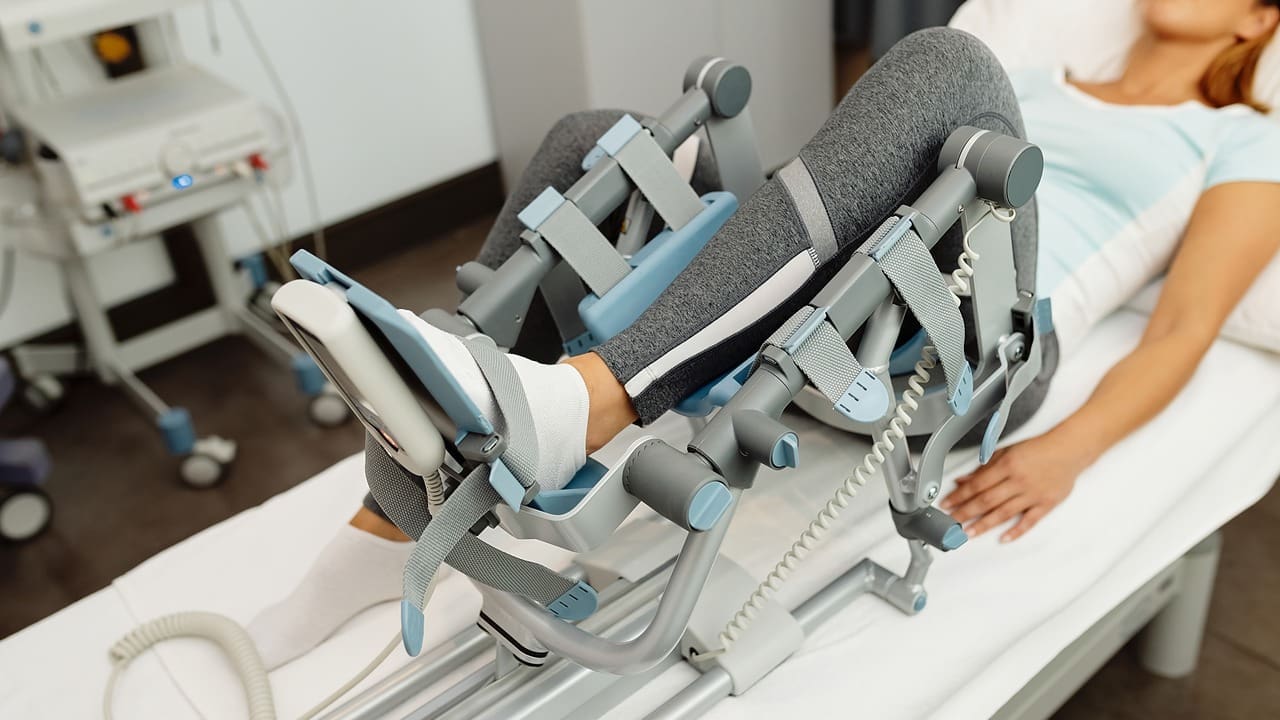
Knowing what happens during orthopedic surgery can help you feel less anxious and more prepared. Here’s a general idea of what to expect:
Pre Operative Consultation: Before surgery, patients will meet with their orthopedic surgeon to discuss the procedure, risks, and expected outcomes. Pre operative tests may be conducted to ensure the patient’s health.
Anesthesia: Most orthopedic surgeries are performed under general anesthesia or regional anesthesia, depending on the procedure’s complexity.
Surgery: The duration of the surgery varies based on the type of procedure being performed. Surgeons will make incisions to access the affected area, perform the necessary repairs or replacements, and close the incisions.
Post Operative Care: After surgery, patients are monitored in a recovery area. Pain management and initial rehabilitation may begin immediately, depending on the procedure.
Follow Up Appointments: Patients will have follow up visits to monitor healing, remove stitches if necessary, and discuss rehabilitation plans.
When you know what to expect, you can feel more comfortable and ready for your orthopedic surgery.
Recovery After Orthopedic Surgery: Tips for Patients
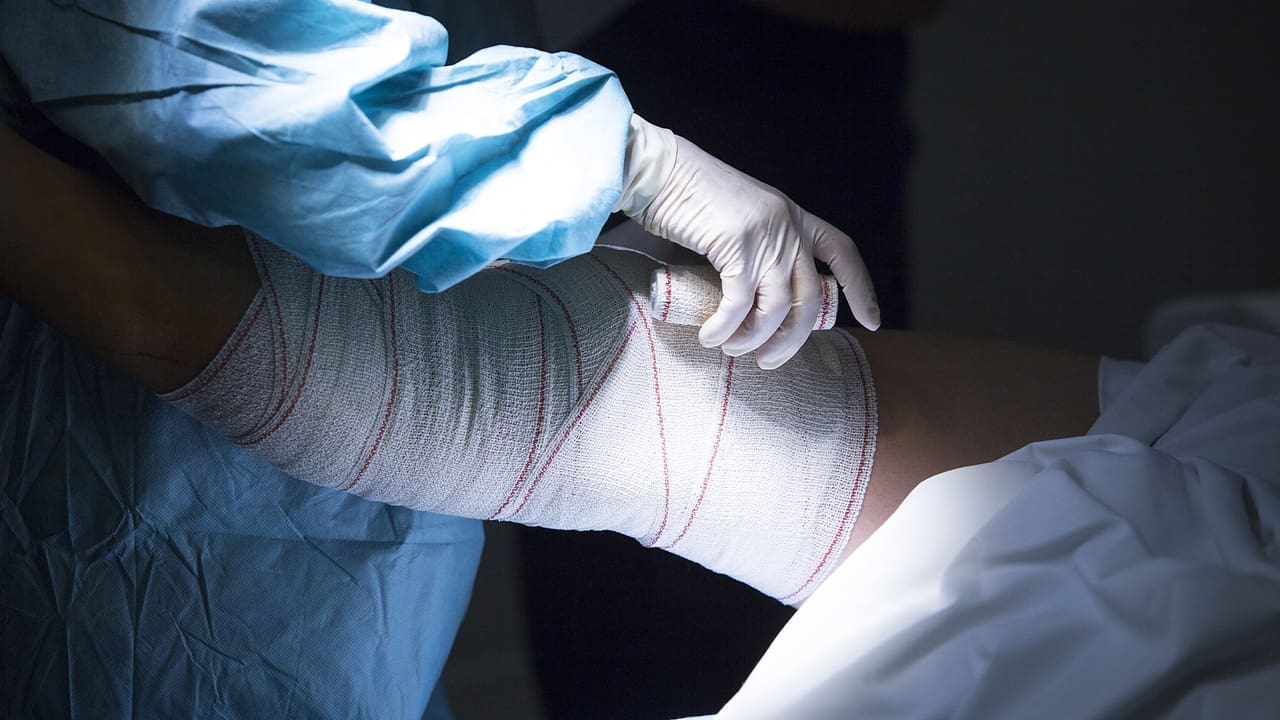
Recovering from orthopedic surgery is very important and can affect your results. Here are some key tips to help you recover well:
Follow Medical Advice: Adhering to your surgeon’s post-operative instructions is vital for healing.
Manage Pain: Use prescribed pain medications as directed and communicate with your healthcare team if pain levels are not manageable.
Physical Therapy: Engage in physical therapy as recommended to regain strength and mobility. Therapy plays a critical role in recovery.
Rest and Elevation: Resting the affected area and elevating it can help reduce swelling and promote healing.
Nutrition: Maintaining a balanced diet rich in vitamins and minerals supports the healing process.
Avoid High Impact Activities: Gradually return to physical activities, avoiding high impact sports until cleared by your surgeon.
Understanding Pediatric Orthopedic Surgery
Pediatric orthopedic surgery is about finding and treating bone and muscle problems in children. Since kids are still growing, this area has its own challenges. Here are some common conditions that pediatric orthopedic surgeons treat:
Congenital Deformities: Conditions like clubfoot or hip dysplasia that require early intervention.
Growth Plate Injuries: Injuries to the growth plates can affect a child’s development and may require surgical repair.
Scoliosis: Abnormal curvature of the spine that may necessitate surgical correction.
Sports Injuries: Active children can experience sports related injuries that require orthopedic evaluation and potential surgery.
Innovations in Orthopedic Surgery
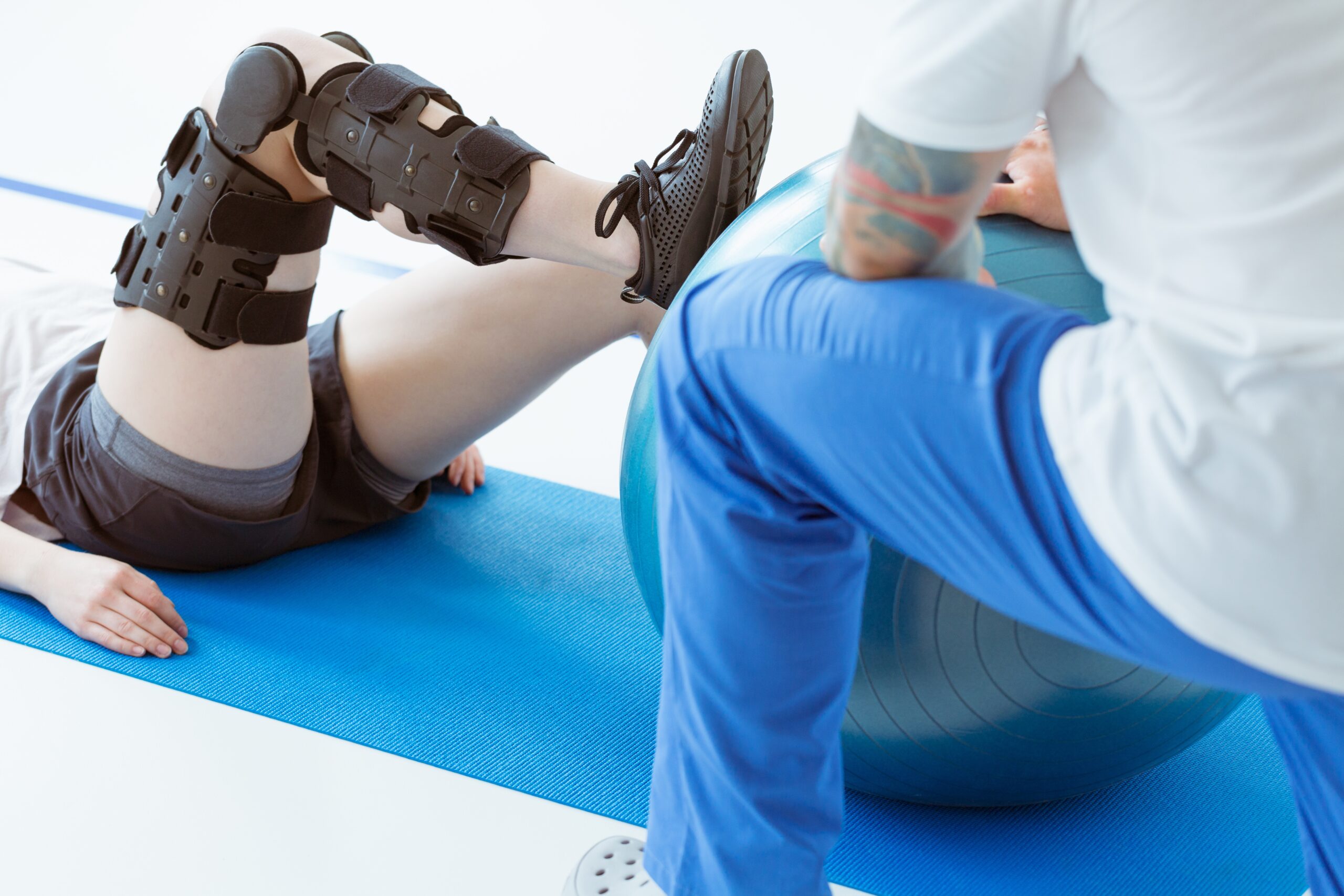
Orthopedic surgery is always changing, with new technology and methods helping patients get better results. Here are some of the latest advances:
Robotic Assisted Surgery: Robotic systems enhance precision in joint replacement surgeries, leading to smaller incisions and quicker recoveries.
3D Printing: Custom implants and surgical guides created through 3D printing technology allow for personalized surgical solutions.
Minimally Invasive Techniques: Advances in minimally invasive surgery reduce recovery times and minimize scarring.
Enhanced Recovery Protocols: New protocols focus on optimizing pain management and rehabilitation processes to improve post operative outcomes.
Orthopedics and Traumatology at Liv Hospital
Liv Hospital Orthopedics and Traumatology Clinic, which offers a wide range of services from traumatic problems to degenerative diseases in all age groups, also provides high level service in the health problems of many professional elite athletes.
- Knee Surgery Clinic
- Foot and Ankle Surgery Clinic
- Spine Clinic (Scoliosis)
- Shoulder Surgery Clinic
- Hip Surgery Clinic
- Hand, Wrist and Elbow Surgery
- Pediatric Orthopedics
- Athlete Health Clinic
AOSpine at Liv Hospital
AOSpine Europe in Switzerland, which works for the advanced training of spine surgeons and specialists around the world, conducts studies for the training of spine surgeons in different countries. It selects some centers with competencies in spine surgery as spine surgery training centers. AOSpine, which is a widespread and highly recognized association all over the world, makes its selections with an impartial and meticulous study.
The number of cases, case diversity, multidisciplinary approach, and scientific publications of the center are taken into consideration. Spine surgeons from different countries of the world send their CVs to the AOSpine center. After the evaluation made at the AOSpine center, the CVs of these people come to the relevant center. If deemed appropriate, they come to Liv Hospital Spine Surgery Clinic for a certain period of spine surgery training.
Liv Hospital Orthopedics and Traumatology Department, which forms the clinical infrastructure of “Regional Orthopedics”, offers 24/7 personalized treatments with physicians specialized in hand, knee, hip, shoulder, spine and foot and ankle.
- The successful infection management rate in surgeries performed at Liv Hospital Orthopedics Department is 100 percent.
- Liv Hospital Spine Unit selected as AOSpine Training Center
- Liv Hospital Spine Surgery was selected for the first foreign fellow program of Aospine Spine Surgery Center, which is located in many European countries such as France and Germany.
For more information about our academic and training initiatives, visit Liv Hospital Academy.
Frequently Asked Questions for Orthopedic Surgery
What is the most painful orthopedic surgery to recover from?
Recovery experiences can vary, but surgeries such as spinal fusion and complex joint replacements are often reported to be among the most painful. Pain management strategies and rehabilitation programs can help ease the recovery process.
How long does orthopedic surgery take?
The duration of orthopedic surgery varies based on the complexity of the procedure. Simple surgeries may take less than an hour, while more complex operations, such as joint replacements, can take several hours. Your surgeon will provide an estimated time frame based on your specific case.
What is pediatric orthopedic surgery?
Pediatric orthopedic surgery focuses on diagnosing and treating musculoskeletal issues in children. This specialty addresses conditions such as congenital deformities, growth plate injuries, and sports related injuries, ensuring appropriate care for developing bodies.
What are the risks associated with orthopedic surgery?
Like any surgical procedure, orthopedic surgery carries risks, including infection, blood clots, nerve damage, and complications related to anesthesia. Discussing these risks with your surgeon before the procedure can help you make informed decisions.
Is orthopedic surgery painful?
Pain levels can vary depending on the type of surgery and individual pain tolerance. Most patients experience some discomfort post surgery, which can be managed with medications. Your healthcare team will work with you to ensure your pain is effectively controlled.
What to eat after orthopedic surgery?
A balanced diet rich in protein, vitamins, and minerals is essential for recovery after orthopedic surgery. Foods such as lean meats, fish, fruits, vegetables, and whole grains can help support healing. Staying hydrated is also crucial during the recovery process.
How much does orthopedic surgery cost?
The cost of orthopedic surgery can vary widely based on the type of procedure, the surgeon’s experience, and the facility. On average, surgeries can range from a few thousand to tens of thousands of dollars. It’s advisable to consult with your healthcare provider for an estimate.




